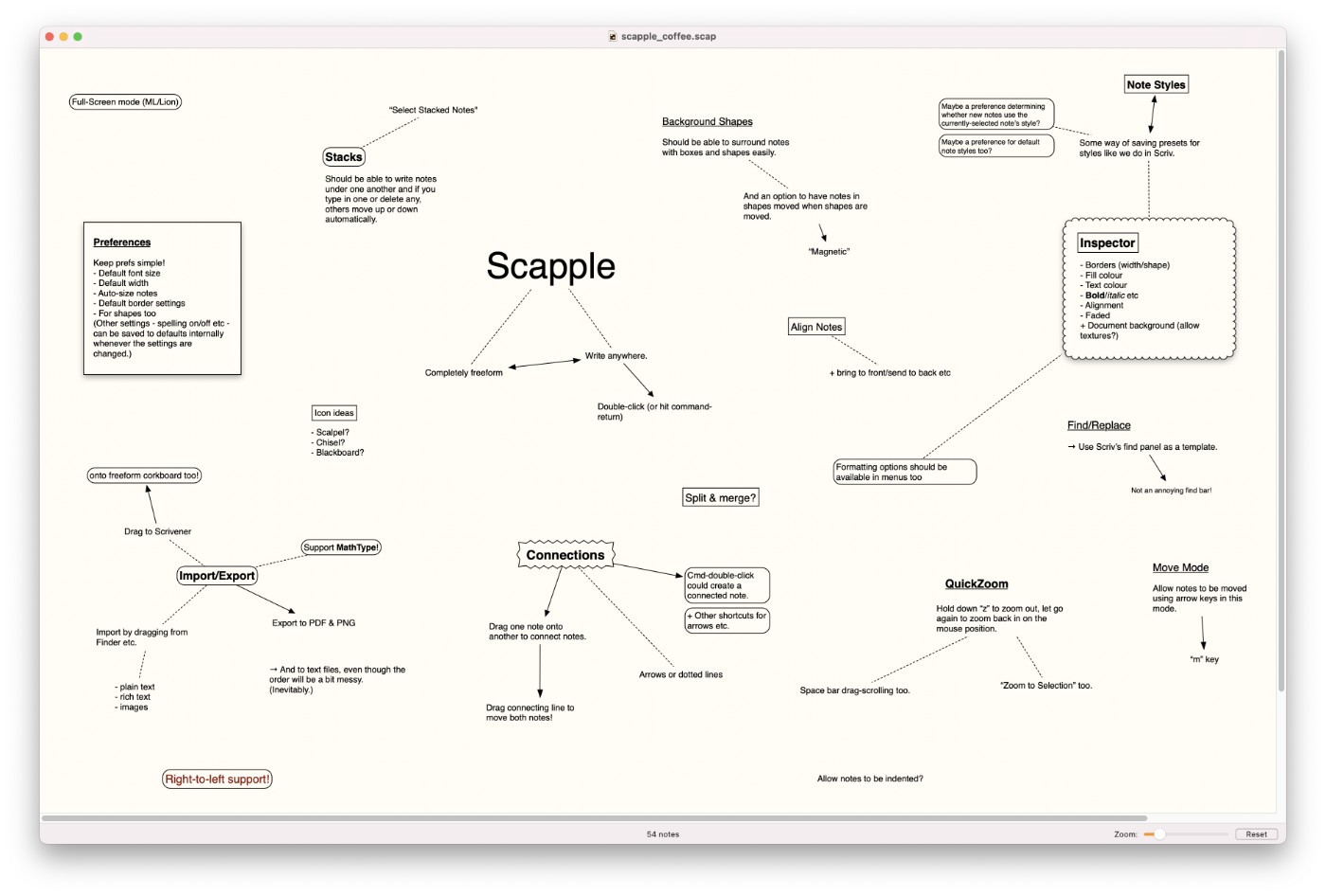

If you are writing a story that involves the military, it may prove useful to understand things like the hierarchy or difference between military branches, but you do not need to become fully immersed in the military community. Although it is important to do your research, do not spend all of your time becoming an expert on unfamiliar topics. Just because you are stuck on refining one part of a piece doesn’t mean the roadblock should derail you entirely. Step outside of your comfort zone and improve your writing in all aspects. Just because you prefer or typically write poetry does not mean you can’t write an exceptional novel. Great work can come from writing about things, places, or concepts that you aren’t very familiar with. Write as if you are never going to publish the piece as if it is just something you love doing for yourself. If your writing isn’t interesting or doesn’t stir some sort of feeling within you, it likely won’t appeal to anyone else. Start by looking internally to find something you are passionate about. Writing for yourself involves writing naturally, genuinely, and sincerely, without worry about what other people will think of your craft. With those goals, it can be hard to focus on writing for yourself. The ultimate goal for some aspiring writers is to reach a large audience of people through compelling, creative, innovative, and interesting writing. Fred Oswald from ScienceDaily claims that “Deliberate practice was a strong overall predictor of success in many performance domains, and not surprisingly, people who report practicing a lot generally tend to perform at a higher level than people who practice less.” Make writing part of your daily routine. A writer can always find a better way to phrase something, portray a scene, or evoke emotion. Composition takes continual learning and training. There are very few stories of writers who wrote a bestseller with one draft. This is arguably the most important element for a writer, yet for some it is the most difficult to turn into a routine. Similar to a sport, practice is essential to refining writing skills. At the least, reading can serve as inspiration. For example, if you write romance, consider diving into an array of novels in that genre. It is especially beneficial to read within the genre you wish to write in to get a sense of the scene. It can open a writer’s eyes to different structures, techniques, and forms of writing.

Stephen King once said, “If you don’t have time to read, you don’t have the time - or the tools - to write.” Reading all types of writing allows you to pick up on style notes from other writers. ReadĪ great way to help expand your writing skills is to read. More often than not, a modern English degree curriculum touches on each of these points. The journey toward becoming a writer differs by person, but the following general tips and advice can help guide and improve most writing. Below are some of the most commonly used writing strategies and tools, and a breakdown of their cost and function. Apps can help make a writer’s current process more efficient. Today, there are more than enough resources to develop and refine writing skills in addition to getting a Bachelor of Arts degree in English. There are a number of creative jobs for those who excel in writing, reading, persuasion, research, and analysis. If you’ve ever scribbled down ideas all over a piece of paper and drawn lines between related thoughts, then you already know what Scapple does.Writing is a craft that includes a variety of different individual parts.

It isn’t exactly mind-mapping software-it’s more like a freeform text editor that allows you to make notes anywhere on the page and to connect them using straight dotted lines or arrows. Scapple is an easy-to-use tool for getting ideas down as quickly as possible and making connections between them.

An easy-to-use tool for getting ideas down as quickly as possible


 0 kommentar(er)
0 kommentar(er)
